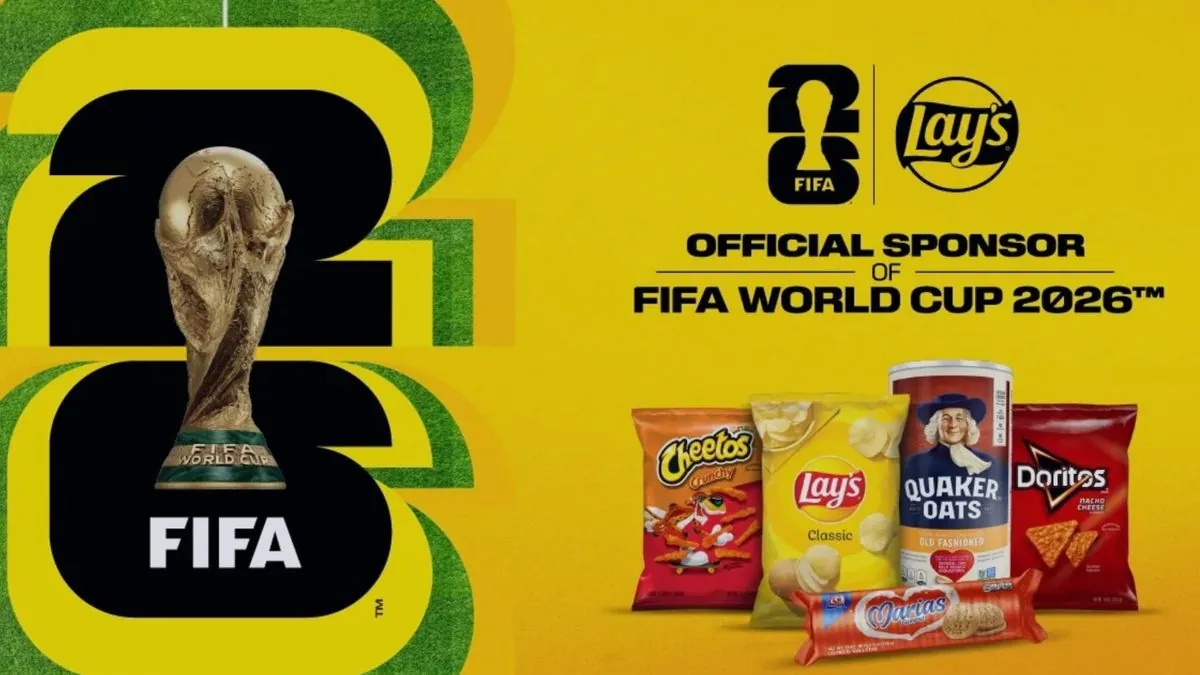Frito-Lay, the Texas-based snack manufacturer, has significantly expanded its partnership with FIFA, securing a position as a global sponsor for the upcoming men's and women's World Cups. This upgrade from a third-tier North American sponsor to a second-tier global sponsor marks a substantial commitment to international soccer.
The enhanced partnership will cover the 2026 men's World Cup, set to take place in the United States, Canada, and Mexico, as well as the 2027 women's World Cup in Brazil. This expansion aligns with Frito-Lay's previous involvement in the 2022 men's World Cup and the 2023 women's World Cup.
A notable addition to this sponsorship is the introduction of a "fan of the match" award, which will be presented at every game during these tournaments. This initiative aims to recognize and celebrate the passion and energy of supporters in the stands, highlighting their crucial role in the sport's atmosphere.
While the financial details of the deal remain undisclosed, it's worth noting that FIFA has projected marketing revenue of $2.7 billion for its tournaments from 2023 to 2026. This partnership contributes to FIFA's commercial strategy, which already includes six top-tier partners for the 2026 men's World Cup.
The deal encompasses Frito-Lay's various brands, including Doritos, Cheetos, Cracker Jack, and Quaker. Interestingly, the agreement excludes other PepsiCo products due to Coca-Cola's existing top-tier partnership with FIFA, which extends through 2030.
Frito-Lay's involvement in soccer sponsorship isn't new. The Lays brand, part of the Frito-Lay portfolio, has been a sponsor of the UEFA Champions League since 2015. The company's previous FIFA partnership, initiated before the 2022 World Cup, was described as "a great way for us to talk directly to the Hispanic community," highlighting the brand's strategic approach to diverse market segments.
"A great way for us to talk directly to the Hispanic community"
This expanded partnership not only strengthens Frito-Lay's presence in global soccer but also aligns with the sport's growing popularity. The 2026 World Cup will be a landmark event, featuring 48 teams for the first time in the tournament's history, up from the traditional 32-team format.
As FIFA continues to evolve, with its 211 member associations surpassing even the United Nations in global representation, partnerships like this play a crucial role in the sport's development and fan engagement worldwide.
